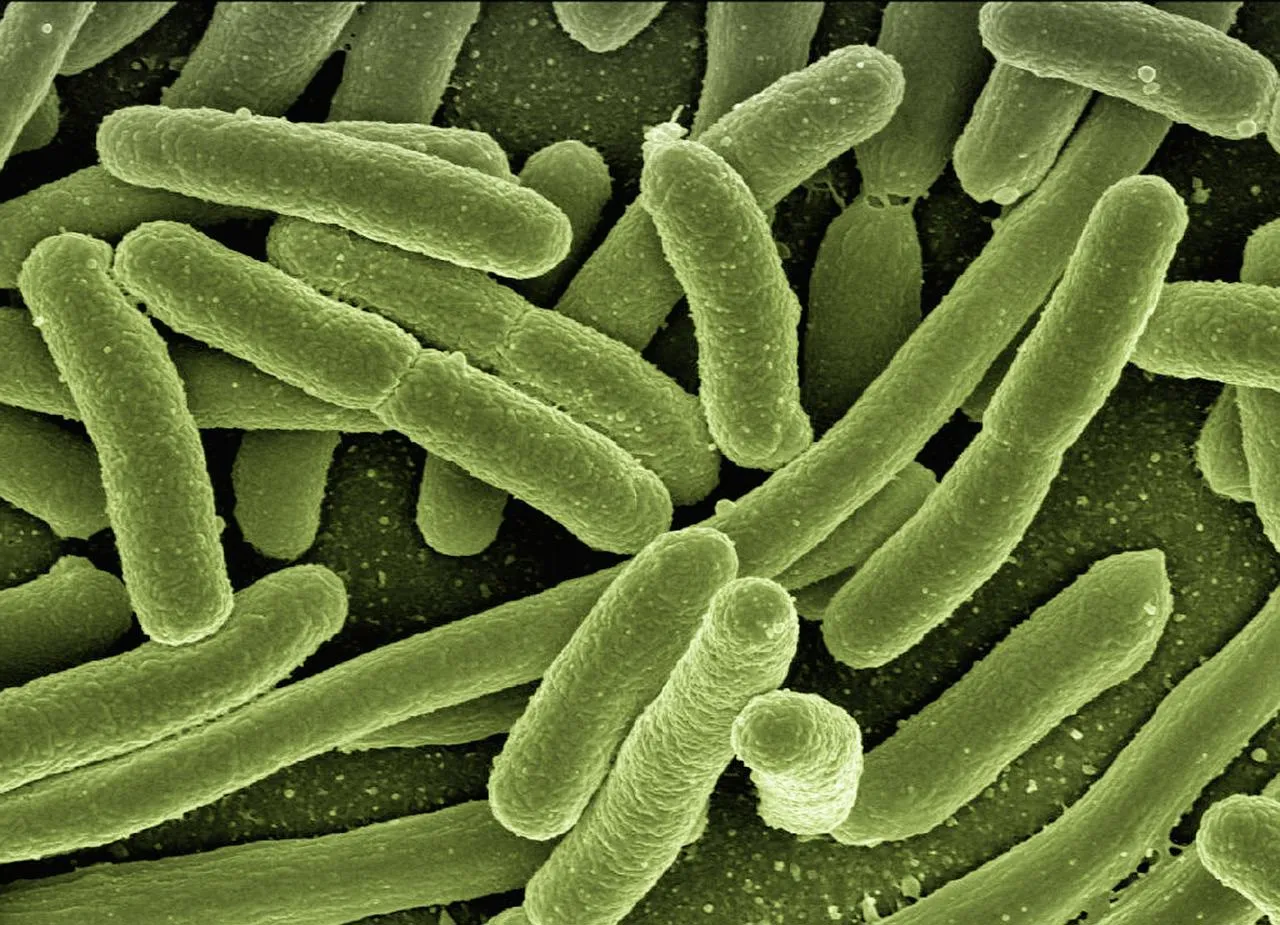These methods let us investigate what is happening with the microbiome before onset of rheumatoid arthritis, as well as unpicking what influences the microbiome differences we see in people with rheumatoid arthritis. From that, we can gain insight in to the direction of influence, i.e whether changes in the microbiome cause rheumatoid arthritis or vice versa, and get a clearer idea of the underlying biology.
Philippa Wells
07 March 2019
Is bacteria linked to the development of rheumatoid arthritis?
Study suggests the way the immune system interacts with the microbiome may lead to the development of rheumatoid arthritis.

The way the immune system interacts with oral and gut bacteria may lead to the development of rheumatoid arthritis, according to researchers from King's School of Life Course Sciences.
These findings may one day help us predict who is likely to develop rheumatoid arthritis, and prevent and treat the condition in new ways.
Rheumatoid arthritis is an autoimmune condition in which the body’s immune system mistakenly attacks the lining of the joints. The condition affects 400,000 people in the UK, and leads to painful, swollen joints and reduced mobility.
This is the first time researchers have investigated how genes and bacteria may work together to lead to the condition in a review paper published in the Journal of Autoimmunity.
Why did they do this research?
We know that rheumatoid arthritis is largely inherited through certain genes, but only about a third of identical twins – who have identical genes – have matching cases of the condition. This suggests that in many cases, genes alone are not enough to lead to rheumatoid arthritis.
Researchers have also previously found differences in the oral, lung and gut bacteria of people diagnosed with rheumatoid arthritis and those without.
In this work, the team decided to review the available evidence to see how certain genetic factors and bacteria in the body – the microbiome – may lead to rheumatoid arthritis.
The work was led by Philippa Wells, a PhD student in the Department of Twin Research & Genetic Epidemiology.
What did they find?
The team analysed many previous studies that looked at how genes and the microbiome were linked with rheumatoid arthritis.
Based on their analysis, the researchers suggested that certain genes to do with the immune system are the key link between genes, the microbiome and rheumatoid arthritis.
Genes largely determine how the immune system behaves. The researchers proposed that the immune system then responds inappropriately to certain bacteria in the body, which ultimately leads to the immune system mistakenly attacking the joints.
What does this mean?
This is the first time researchers have investigated how interactions between genes and bacteria may lead to rheumatoid arthritis.
In the future, we may be able to use the microbiome to predict whether and when someone might develop rheumatoid arthritis. Researchers could also develop treatment strategies for the condition that work through targeting bacteria in the body.
What’s the next step?
In their paper, the researchers stress that it will be important to understand the effect of current rheumatoid arthritis medication on the microbiome.
